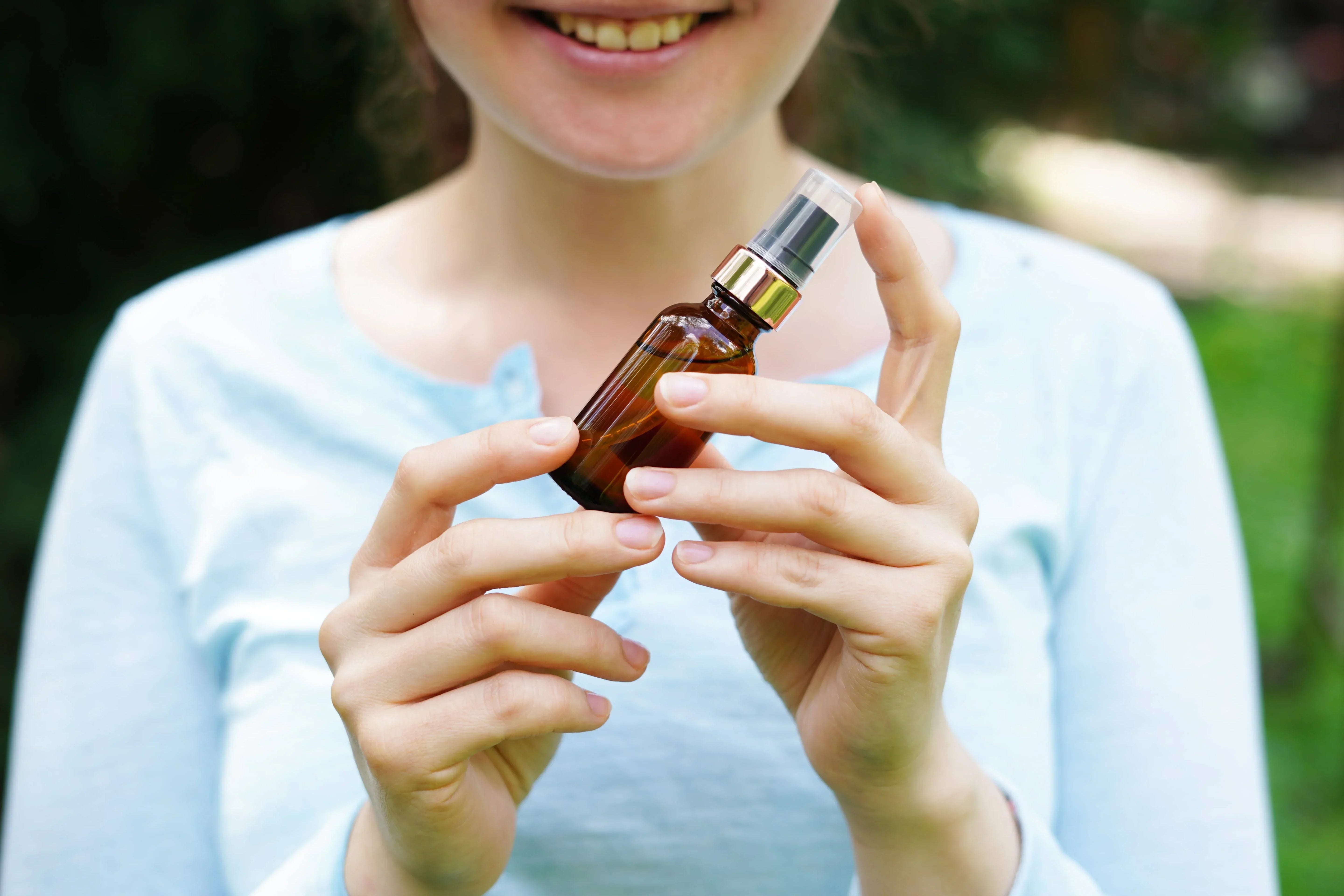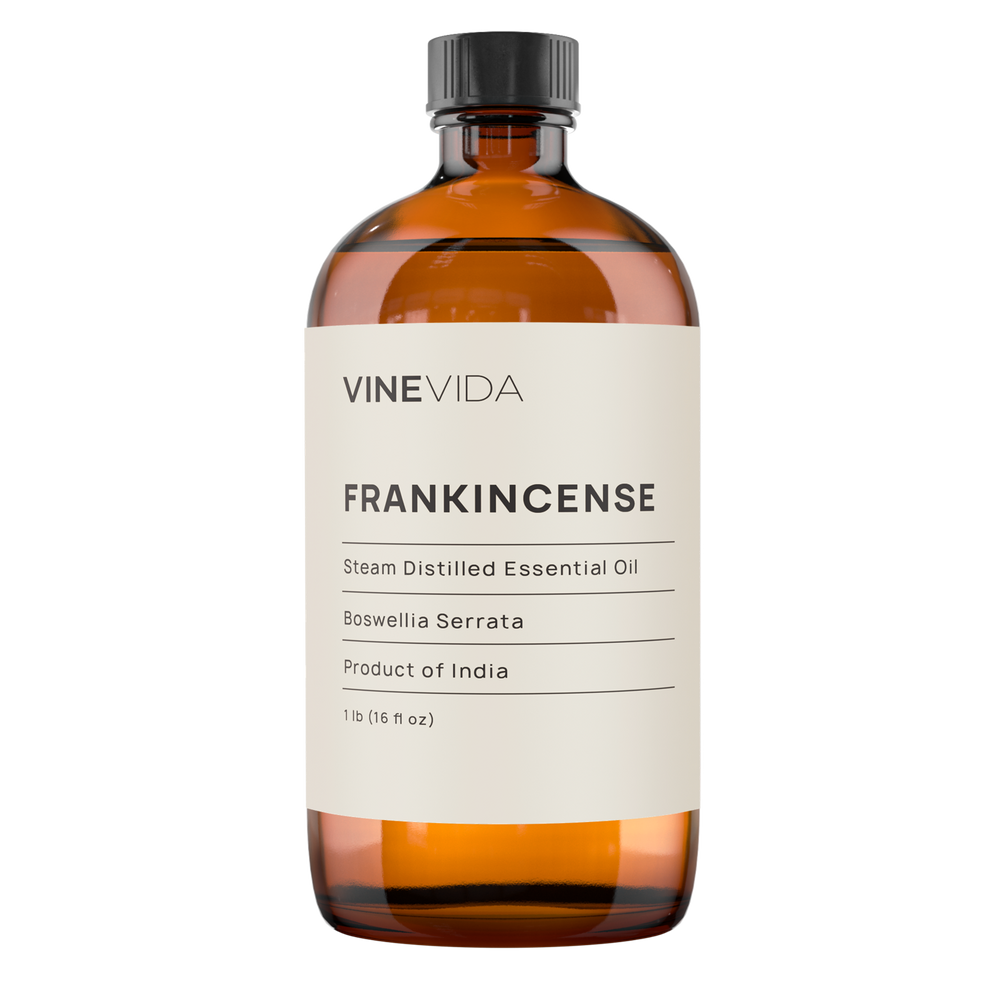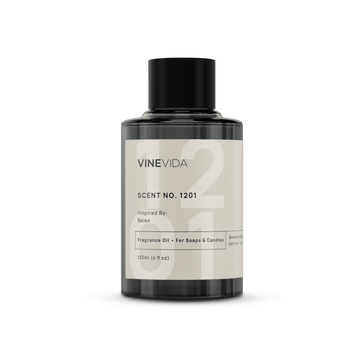There are 26.5 million people diagnosed with asthma in the US. This equates to 8.3% of the population or 1 in 13 people. Of that number, 20.4 million are adults, and 6.1 million are children. It is the third leading cause of childhood hospitalization. (American College of Allergy, Asthma, and Immunology, 2021) Aromatherapy can help in many ways.
From eucalyptus that supports health in the respiratory system, tea tree that nurtures healthy immunity, Frankincense that slows the breath and opens the airways, and lavender and chamomile that promotes emotional wellness, to counter stress, which can cause inflammatory cascades in the lungs.
In this article, we look at the many different ways essential oils for asthma can support you to feel healthier day to day.
What is Asthma?
Asthma is a chronic condition that inflames the airways of the lungs, causing coughing, wheezing, tightness in the chest, and shortness of breath.
Although most asthma patients are not particularly limited in their daily lives, more severe manifestations of the disease burden can undoubtedly lead to a reduced quality of life. People with severe asthma are more prone to depression and anxiety, and while the relationship between stress, depression, and asthma has been studied extensively, it's still not understood, at least from a biological perspective. But of course, missing out on social events, feeling fatigued often, and generally experiencing asthma symptoms might increase psychological stress. (de Boer, 2021)
After The Stress Has Gone
Asthma has had a tricky relationship with the pandemic. Research done in the Netherlands showed that people with anxiety and depression from lockdowns and fear of catching the disease very difficult for many people. Routine medical checkups were canceled at the height of the terror. For many, the fear of visiting the doctors outweighed concerns about deteriorating symptoms, so many were reluctant to get their medications assessed. Doubtless, the anxiety about the whole situation compounded the situation and may have exacerbated some people's conditions, too.
I live with the respiratory disease myself, after having suffered blood clots in my lungs, and since I have an acute allergy to lilac flowers, I remember what it feels like not to be able to breathe. I don't mind admitting that seeing people lying on ventilators petrified me. I became hypervigilant about cleanliness, avoiding "germ centrals," and eventually gave myself contact dermatitis from hand sanitizers. Last week, I could put my wedding ring back on for the first time since the pandemic.
Asthma and Fear
I know that I will not have been alone in this. My "paranoia" about people washing their hands as they came and went and sanitizing when they had touched a door into a shop drove my youngest son potty, and yet… my instincts were correct, as I suspect yours probably were too.
Interestingly, while stress is most certainly an exacerbating factor for many people living with asthma, research shows that having a high panic fear around actually having an attack is a good predictor of a better future experience. People with high panic fear were less likely to be rehospitalized and were better at adhering to their treatment protocols than those with low panic fear. However, there was also a trend towards the overuse of anti-inflammatory medications.
Asthma patients who suffered mild to moderate covid 19 are now more likely to live with worsened asthma conditions and long COVID. (Kwok,2023) In the UK, where I live, we are experiencing record numbers of sick days being taken off work; an incredible 185.6 million days were taken off work due to sickness or injury in 2022, with 8% of those attributed to respiratory problems.
So this has been a rough trot for people with asthma, both physically, emotionally, and psychologically. So, we could see each symptom in turn, but when you visit the current situation in its complexity, it makes so much more sense to use essential oils for asthma holistically, assessing the different ways they can work on mind, body, and emotional discomfort at this time.
Histamine
One of the most common causes of asthma is exposure to allergens that cause a release of a compound called histamine. Surprisingly, the antihistamine effects of essential oils have barely been tested. Traditionally. Melissa essential oil and German chamomile essential oils are usually used to soothe allergy symptoms. One significant exception was a Mitoshiet al.
The methodology employed was that of the β-hexosaminidase release assay. β-hexosaminidase is an enzyme that lives inside cells along with histamine, and when histamines are released into the system, Beta-hexosaminidase granules accompany them. It is relatively simple to measure levels of this particular enzyme, so when an essential oil affects its levels it, we know it is also affecting histamine activity. It makes it easy to measure any essential oil's antihistamine activity.
So in this study, participants were exposed to allergens, then to essential oil, and then Beta-hexosaminidase was measured to see how successfully the essential oil had acted as an antihistamine.
Many essential oils displayed antihistamine abilities, but surprisingly, Lemongrass essential oil demonstrated the highest effect with 55% β-hexosaminidase reduction. However, German chamomile and Sandalwood essential oils also offered a 40% reduction in Beta-hexosaminidase and, thus, histamine.
Other essential oils with antihistamine potential include Sant alum album(sandalwood,β-hexosaminidase reduction=50%),
Carrot seed essential oil also offered a reduction=30 of %
Best Essential Oils for Asthma
Lemongrass
So, we have proven the effects of the oil as an antihistamine, but it also has tremendously optimistic effects on mood. The oil says, "Yes, but what if…". As in, "I know all about that hurdle or obstacle you are going to cite as the reason you can't do something, but what if you could…."
It makes the impossible possible. Even so, it's possible I could take control of these symptoms. Take control of asthma triggers and essential oils-related thoughts.
Be careful of using Lemongrass as a topical essential oil application, especially if your oil is quite old. It can be pretty sharp on the skin, especially when the immune system is hyper-alert. If you make a rollerball, cream, or lotion, I will stay right below 1% maximum dilution.
Indeed, do not use this one in the bath…
I like it in an aroma pendant and using an essential oil diffuser for asthma. If your aroma pendant is a lava bead, I will put it into a carrier oil first if it goes on the skin.
Essential oil inhalation is helpful in this process of influencing the mind, but also as a means of getting the molecules into the respiratory system quickly.
Safety: Not suitable for the first 16 weeks of pregnancy.
Sandalwood
So slow, so sacred, so peaceful. Sandalwood takes you to a place free of worries.
I do a weekly vodcast with the beautiful Adam Bartlett, and in our video about sandalwood, he taught me about how sandalwood knows about dependency and leaning on others for help because sandalwood is a parasitic plant. I've come to agree with that, and it may be helpful to people who are very frightened of being without inhalers.
Medication is lovely when used correctly, but I remember a factory problem with my blood thinners when I had my blood clot. The fear of being unable to get my meds was terrifying and set me back weeks. Yet, the issue was purely psychological.
If your asthma makes you fearful, sandalwood will benefit you too.
Safety: Not suitable for the first 16 weeks of pregnancy.
Frankincense
Frankincense is one of my favorite respiratory essential oils. Much gentler than eucalyptus and peppermint, which would be risky to use on children, Frankincense is subtle yet powerful.
It unblocks bunged-up noses, so it is lovely for coughs and colds.
Vitally, though, one of the most effective essential oils for asthma, it opens the airways and slows the breath. This is the most effective bronchodilator essential oil and one of the most beautiful anti-inflammatory oils.
Psychologically, it is comforting and helps to calm the panic that asthma attacks can cause.
Safety: Not suitable for use in the first 16 weeks of pregnancy.
Eucalyptus
If the asthma is accompanied by allergies such as hay fever, eucalyptus can be very helpful.
Eucalyptus essential oil is lovely for breathing issues generally. Its use for unblocking noses and coughs and colds is typically well-supported.
Eucalyptus essential oil is proven to be an excellent choice for allergies since it seems to reverse the inflammation caused by the allergy. (Nakamura, 2020)
You could use this in a facial massage treatment, a lotion on the chest, or over the lungs; however, simply inhaling from the bottle or a sniffy sniff can be highly beneficial here.
Safety: One of the constituents, 1,8-cineole, slows respiration, which is best avoided in children. I would always choose Frankincense for children instead.
Chamomile Roman
Strong emotions and stress are reliable triggers for asthma, and anxiety and depression may be associated with poor symptom control. (AAFA, 2021)
I probably use chamomile, Roman, more than any essential oil, which is strange because I don't even like its fragrance!
There is something so freeing about its medicine. It's so soothing and relaxed, and I can always envisage how the flower head bobs about on that long, slender stem…not a care in the world…just going with the flow.
It seems to sing, "Que sera sera, whatever will be, will be…."
It just doesn't care; just happy to drift wherever the breeze takes it.
It's the most important of the natural remedies for asthma because it has natural antihistamine properties, and it affects the mood so well.
If you feel stressed, I recommend using chamomile in all areas of your life. Chamomile tea, chamomile in your bath, in your diffuser, on your pillow, in a sniffy stick…
Feel free to put it into chamomile and Frankincense blends, chamomile, eucalyptus, chamomile, and cedarwood.
Safety: Not suitable for use during the first 16 weeks of pregnancy.
Cedarwood
This is not specifically an asthma essential oil, but it is beautiful for chasing away negative thoughts and emotions. If panic seems to precede many attacks, Cedarwood and Vetiver can be helpful allies.
I'd recommend these in sniffy sticks, on aroma pendants, and in the bath at the end of the day. Restful sleep helps to facilitate better healing.
Safety: Not suitable for use in the first 16 weeks of pregnancy.
Read More: Best Essential Oils for Asthma.
Essential Oil Safety and Asthma
Generally, essential oils are very safe for people with asthma. However, there are always exceptions that prove the rule, significantly when smells can trigger asthma…
Always do a small test of inhaling the chosen essential oil for a few minutes before using large amounts in the bath or on an aroma pendant.
Go gently in minimal amounts and work up to larger dilutions if you are confident that your body is happy to work with it.
Final Word
Essential oils for asthma can be used as respiratory support, but by far, their best help is soothing the mind and asking it not to respond to stress. Use calming oils to quiet the mind and body, and very often, you will find that your physical body responds by going quiet too.



















